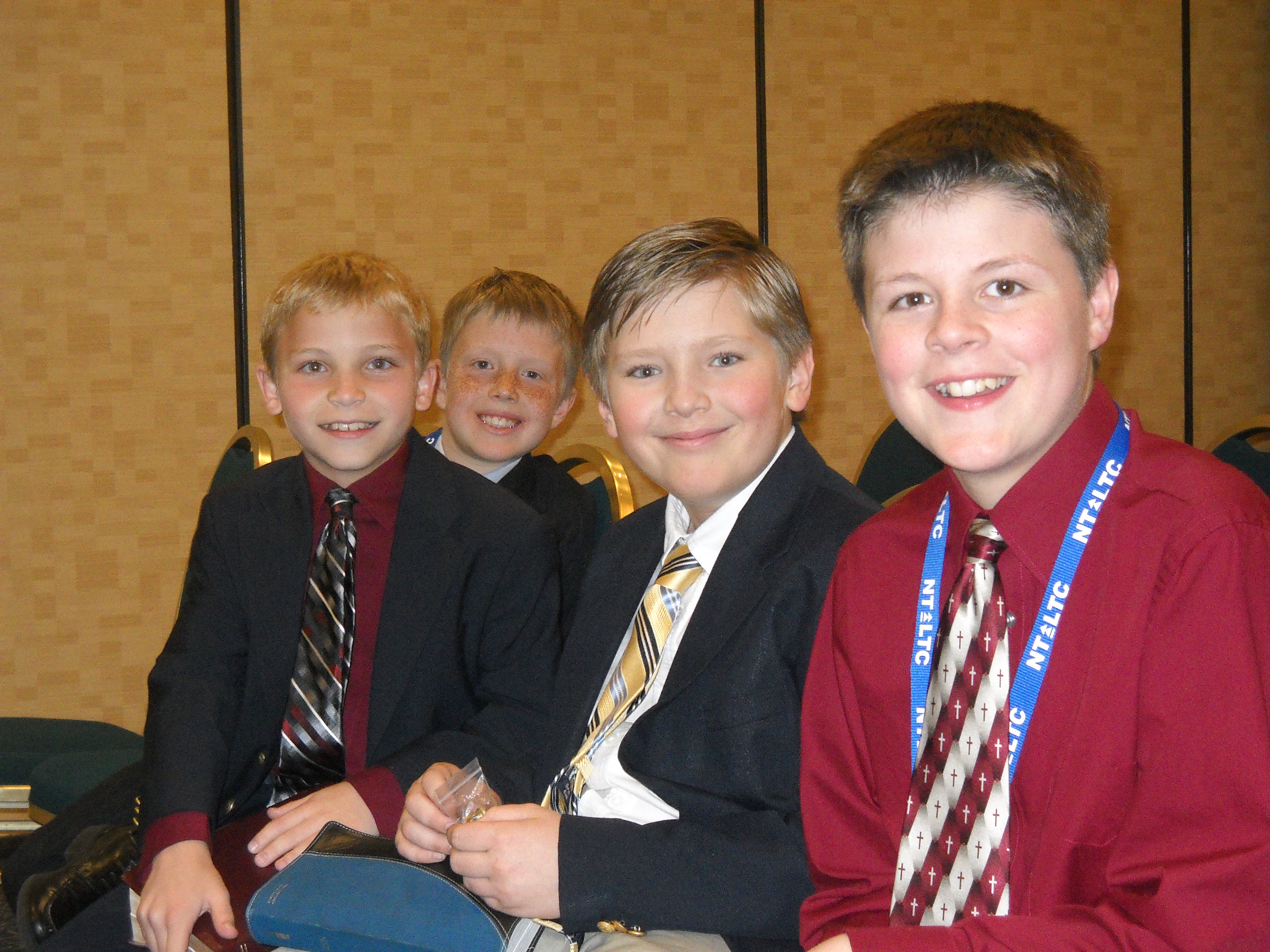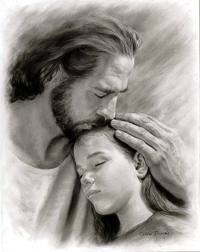In a world where we don’t want to be left out, there is a big push to “join u p!”
p!”
“DON’T WAIT…SIGN UP TODAY!”
“Be first among your friends to JOIN!”
“Join today and get 25% off your first order…”
Slogans and signs like these are common methods of attracting people (luring some) to join an organization, club or group. Nothing wrong with this approach and for many it’s beneficial for both the group and the ‘joiner’. But how much time is actually given to thinking about, ‘What am I getting myself into?’ We tend to be a reactionary people. We see something, we like, we buy it. (That’s why some businesses offer a 30-day guarantee. There’s even a website for you to ‘know your lemon law rights’…)
Click on the ‘lemon’ to visit that website…
But why is it so many people tend to want to belong to an organization, even when there’s a chance they could ‘get taken’? Why do college students sacrifice their pride, their money (dues) and their sleep just to join a social club? What inspires a family to shell out $50 or more a month for a membership at the local rec center? Is it only for the recognition or the physical work out, or do we deep down have a strong desire to belong? The Wall Street Journal has a section called ‘Smart Money’. Recently they posted an article entitled “5 Memberships Worth Signing Up For” It’s an interesting read, but there’s something missing in their line of ‘worthy organizations’. Zoo’s and Aquariums, Travel groups and Warehouse Clubs are all good ways to ‘save’, but I’m more interested in BEING saved and leading others to His salvation.
Twila Paris wrote a song that speaks to joining a group and becoming a part of the family who are seeking the Kingdom of God. The membership within this ‘club’ is basic. If you want to be a ‘kingdom seeker’ start with God’s Word. Following the death, burial and resurrection of Christ, the people wanted to know ‘how to be right with God’. They weren’t just joining a club or getting a church membership. They were changing their lives. You can see what to do when you read Acts 2:37-39, “When the people heard this, they were cut to the heart and said to Peter and the other apostles, ‘Brothers, what shall we do?’ Peter replied, “Repent and be baptized, every one of you, in the name of Jesus Christ for the forgiveness of your sins. And you will receive the gift of the Holy Spirit. The promise is for you and your children and for all who are far off —for all whom the Lord our God will call.”
The format of the song that Twila Paris penned in 1998 is basic; four lines that call us to ‘come and join’.
Faithful Men
“Come and join the reapers,
all the Kingdom seekers.
Laying down your life to find it in the end.
Come and share the harvest;
Help to light the darkness,
For the Lord is calling…Faithful Men!”
Will you join those who are seeking the Kingdom? God is calling Faithful men…Come and Join!

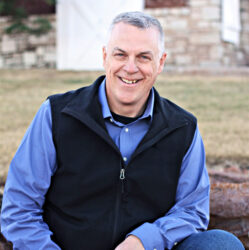
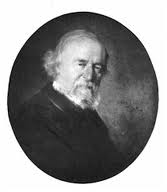

 discussed a two-fold idea of ‘doing chores’.
discussed a two-fold idea of ‘doing chores’.




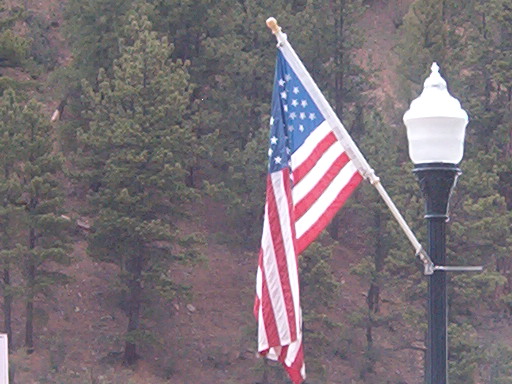
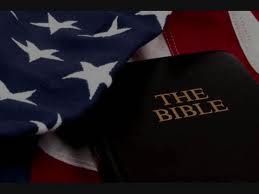
![2442062865_9ea84218d4[1]](http://www.singingwiththespirit.com/wp-content/uploads/2012/06/2442062865_9ea84218d41.jpg)


